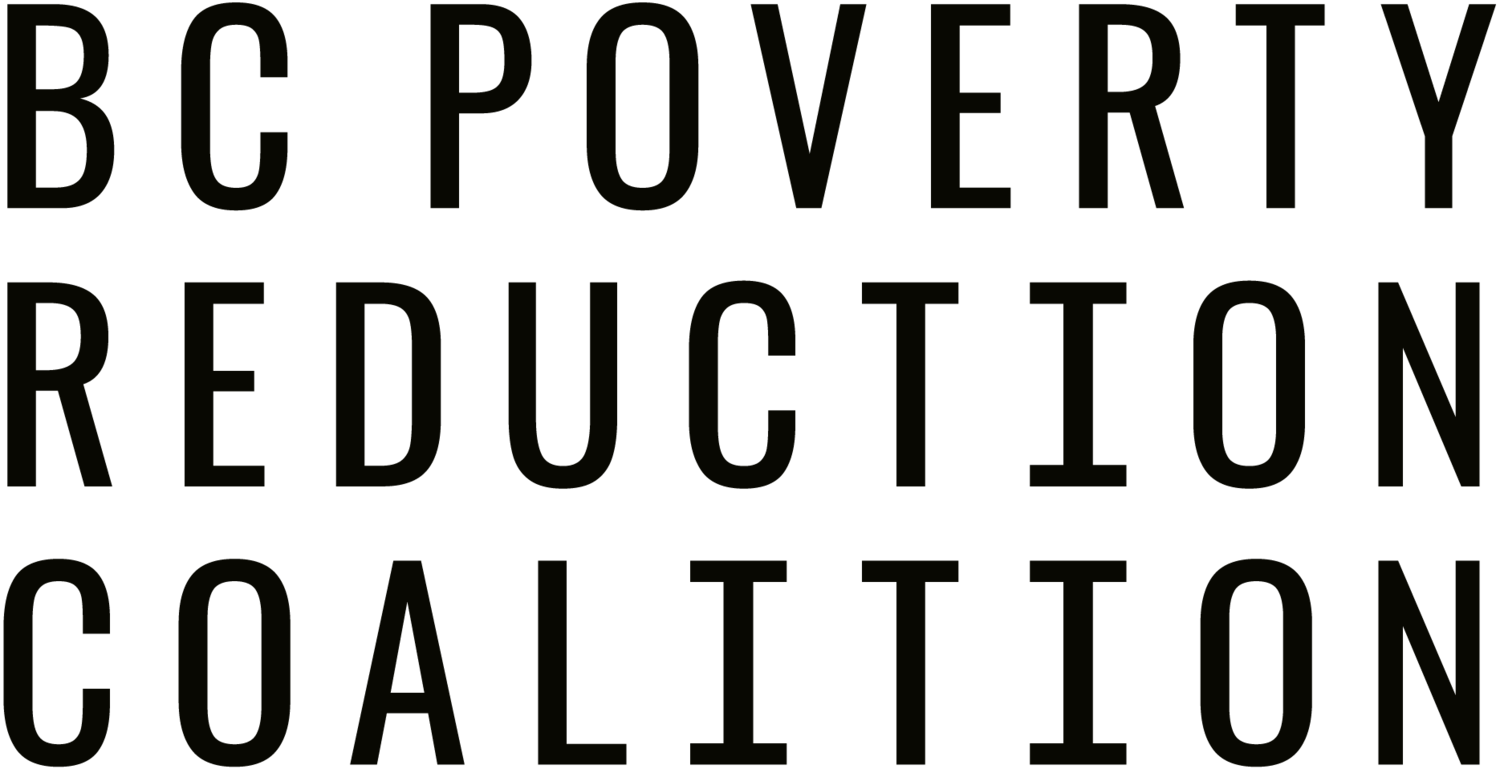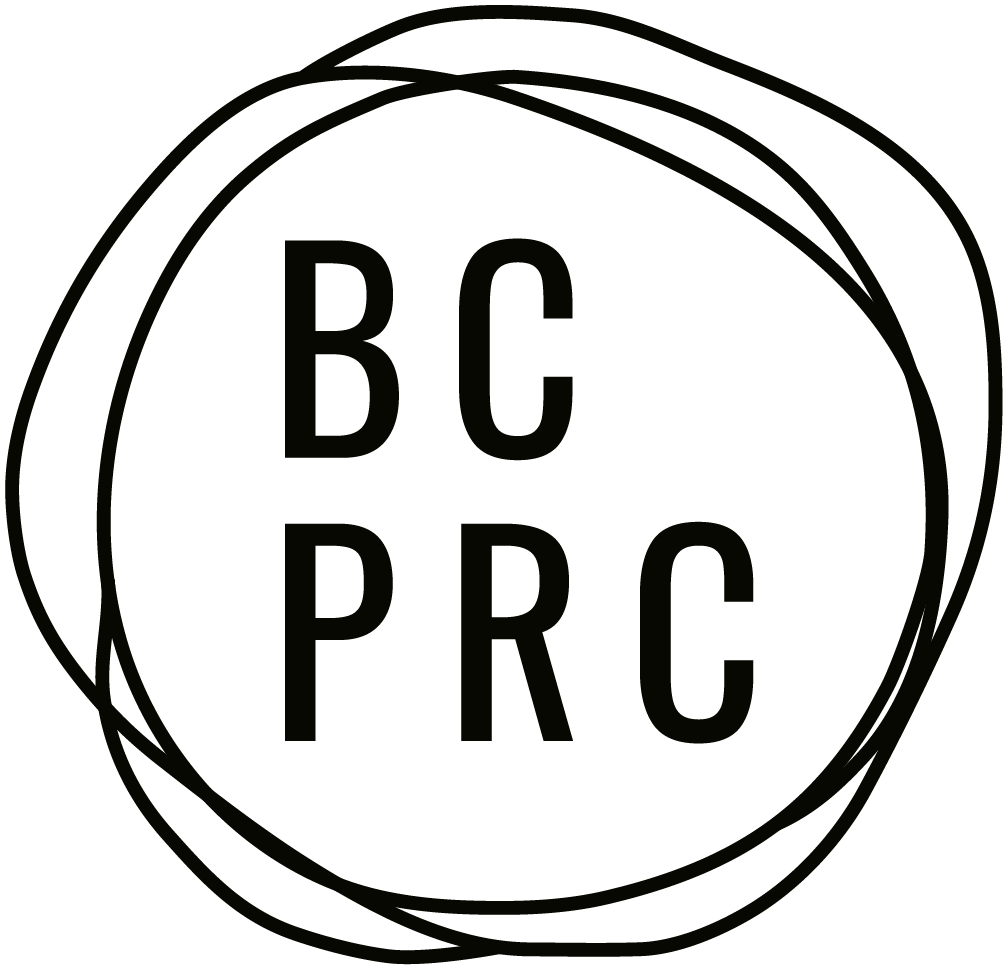The Blueprint for Justice
A Policy roadmap to a poverty-free Province
The Blueprint for Justice lays a foundation for transformative change across policy areas in British Columbia. It is marks a path towards a day where policy supports everyone rather than elevating some while hindering others.
Video narrated by Nina Taghaddosi.
The Right to a Good Life for All
We have entered a new era when it comes to tackling poverty and inequality in this province, one defined by progress and impact. The BC Poverty Reduction Coalition, and many dedicated allies, fought hard for the introduction of Together BC: British Columbia’s Poverty Reduction Strategy, which finally became a reality in 2018. However, only incremental progress has been made over the last two years and the COVID-19 pandemic has magnified existing inequities. The depth and breadth of the durable policy and investments we must make to truly reduce poverty and inequality in B.C. have been revealed.
The BCPRC Blueprint for Justice is based on four principles that shape our recommendations to Government: Economic Security, Universal Basic Services, Equity, and Climate Justice. A foundation has been laid and progress has been made, but we have only just begun. We have much more to accomplish to ensure that every person in B.C. attains a dignified, decent, and just life.
Go to section:
Economic Security
People must far surpass the poverty line to attain a thriving, dignified, and economically secure life. Our Economic Security principle proposes the public policy solutions that must be equitably accessed for us to achieve economic justice, as it relates to homelessness and depth of poverty, income, fair wages, employment benefits, rights and standards. We must go beyond the goal of merely ‘lifting people out of poverty’ to achieving stable, durable economic security for all; we must secure incomes and benefits that far surpass our lowest calculated threshold for survival.
The BC Poverty Reduction Coalition has long defended and advocated for our publicly funded, publicly provided health care and education systems, and our emergent child care system in B.C. Our UBS principle broadens our vision to establishing six public systems with the inclusion of democracy and legal services, housing, transportation, and information as publicly funded, publicly provided, and universally accessible basic services. Our UBS principle defines basic services and unconditional access to them as a human right. Indeed, these services are essential to our indivisible economic, social, cultural, and civil and political rights.
Health Care
Expansion and protection of our publicly funded health care system to ensure equitable access to health care for all.
Information
Fulfilling our right to online access, safety, and security.
Education & Child Care
Protecting and expanding our publicly funded education system.
Housing
Building a durable foundation of affordable housing throughout B.C.
Transportation
Universally accessible basic mobility for all.
Democracy & Legal Services
Democratic participation and access to justice for all.
Equity
We are living in turbulent times. Globally and locally, mobilized citizens and institutions are taking bold action against the interlocking systems of discrimination and hate that oppress people. Our efforts to dismantle racial inequality, colonialism, heterosexism, transphobia, ableism, and gender inequality, are inextricably linked to ending poverty for those most impacted. Our work must continue to intensify and prioritize policy to that end.
Climate Justice
As we address the emergency of climate change with bold action, we must prioritize the needs of equity-seeking groups. Climate justice must mean full social justice for communities when it comes to equitable economic survival and resilience, access to clean land, air and water, and protection from the impacts of climate change that leave no community member behind.













